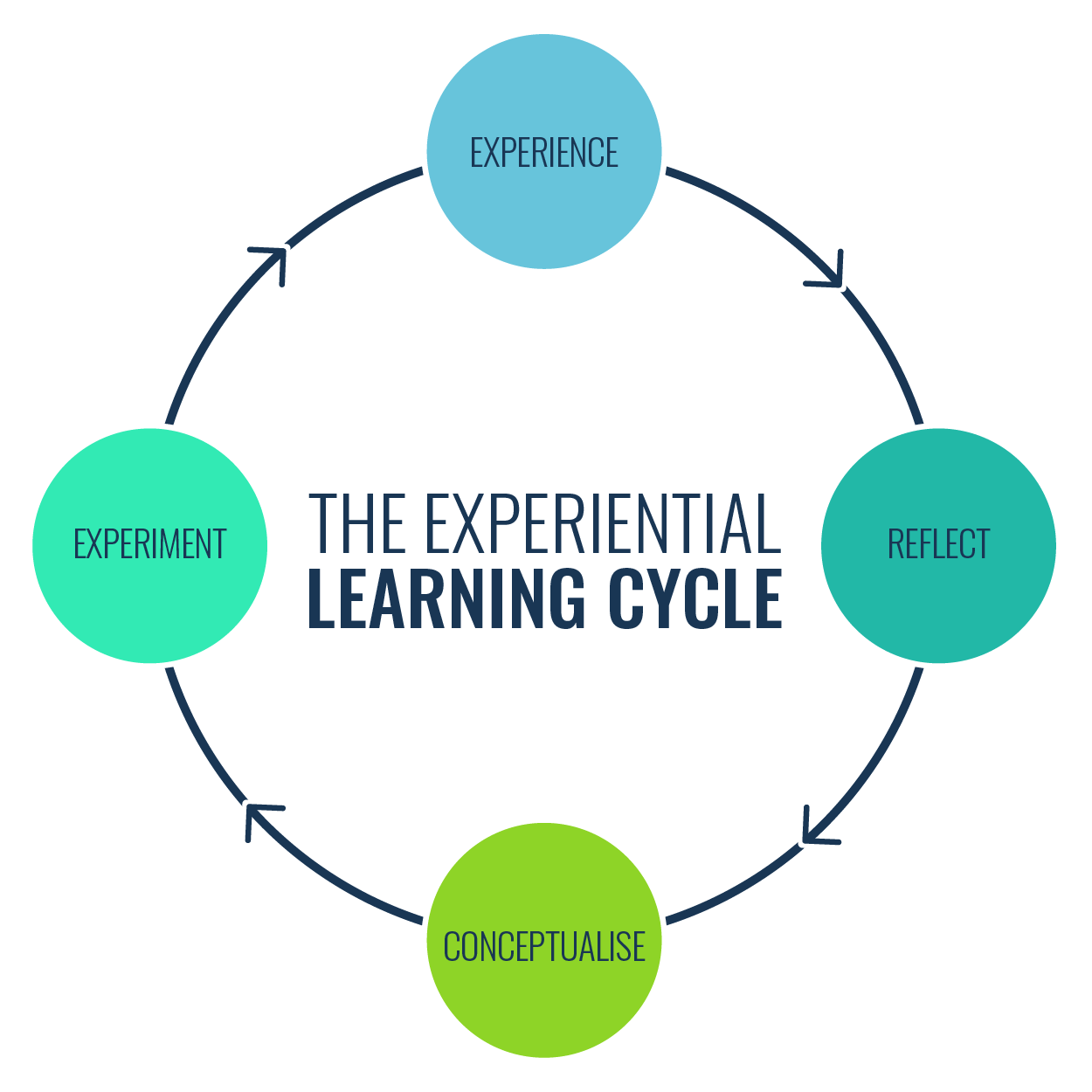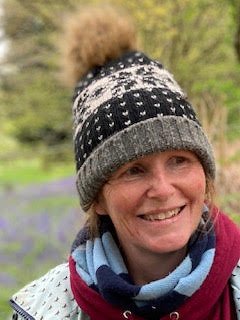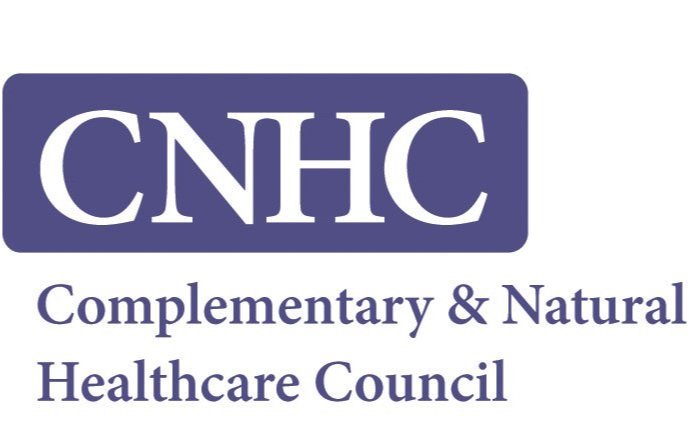
CPD accredited course for professionals:
Offer Nature Connection for Wellbeing in your work.
Learn the tools and skills to support others to connect with nature
Continuing Professional Development
Who is this course for?
anyone who wants to build in the recognised benefits of Nature Connection to enhance their work.
Examples: teachers, health providers, social care workers, Forest School leaders, mental health workers, therapists, counsellors, coaches, community and youth workers, horticultural and art therapists, mindfulness teachers, wellbeing practitioners, carers, environmental educators … (more suggestions).
anyone who already offers Nature Connection, and wants to deepen and extend (or validate) their skills.
anyone in a demanding role at risk of burnout, to support self-care for self and colleagues.
anyone who works as a volunteer, carer, or supports friends and family.
anyone committed to Lifelong Learning.
Will it fit around your work/life commitments? Yes, you’re in full control!
you choose when/how long/if to practice the weekly activity - there’s no timed schedule to follow.
you choose your own pace to complete the course - anything between 2 and 12 months.
you choose when to join the course - it runs in a recurring year-long cycle, with a pause over Aug-Sept.
you choose when to submit your written assignments - all other learning is experiential.
What the course offers:
The course is fully accredited by the CPD Certification Service - the world's leading and largest independent CPD accreditation organisation working across all industry sectors. To find out more see the course page
It offers you the understanding, skills and experience to begin integrating Nature Connection into your existing work setting. By the end of this course you will have:
30 internationally accredited CPD Learning Credits.
experienced for yourself the transformative potential of connecting with nature.
learned dozens of techniques to foster that connection.
understood and practised key elements in supporting others to do so.
experienced the diversity of people’s responses and the possible challenges that can come up.
reflected on how the skills can be adapted and applied in your own life and work
had fun, practised many tools to support your own wellbeing, and be enjoying improved wellbeing!
If you have any questions about whether the course is suitable for your needs, we’d be glad to help.
What the course does not offer:
It does not qualify you to become a Forest Bathing guide.
No training is given in, for example, how to lead a walk, the legal responsibilities, or the skills of managing group dynamics. If that is what you’re looking for, we recommend you seek an in-person training course.
Instead, it assumes that you will be adapting the techniques, tools and skills you learn to an existing setting where the boundaries of responsibility already exist.
For example a teacher would learn:
a toolkit of 35+ techniques that can be adapted in all areas of their taught curriculum
practical ways to support their students’ wellbeing and mental health
ways to offer holistic sensory learning (linking body, mind and emotions)
tools to enhance social-emotional learning
skills to engage different learning styles, and particularly the hard-to-reach learner
delightful ways to foster a care and respect for the natural world
ways to quickly access their own calm presence in challenging situations
Please contact us to discuss if this is the right course for you.
What past students are saying
“Enhance how you help your learners”
“In her online sessions, Jan offers interesting and powerful Invitations to immerse in the woods, garden or natural area wherever we are based. Since finding Jan and her knowledge of Forest Bathing and the natural world, I have been able to share the experiences and the benefits of Nature Connection with my colleagues during CPD days, with primary school teachers to consider calming more excitable learners, as well as with teenagers as support in the ever-changing and pressurising world they exist in.
I highly recommend education specialists undertake the CPD course to enhance how you help your learners, and not least to support your own wellbeing. See you in the woods!”
Jane - Learning Enhancement Lead (Shrewsbury Colleges Group, UK)
Experiential Learning process
This course is activity-based, offering learning through action, as Nature Connection is an experience which cannot be understood through knowledge.
As you work through the Learning Cycle repeatedly, you will employ four different ways of understanding, so the process is suited to your own unique learning style.
Research supports that by building strong connections between feelings and thinking processes, experiential learning contributes to student engagement, deeper learning, improved academic outcomes and enhanced work and life skills.
After personally experiencing Forest Bathing, you will reflect on the concepts, and apply them to your own particular needs and setting.
Learning
Outcomes
-
By the end of the course, all students will have:
deepened their own connection with the natural world.
a working toolset of a wide range of Forest Bathing techniques.
developed skills, experience and understanding to connect mindfully with nature through the senses.
an appreciation of the broad range of responses to connecting with nature.
an understanding of the principles of nature connection, and the means to foster that process in self and others.
experience of sharing mutual support in nature connection with a diverse group of people, and a developing ability to support others appropriately.
cultivated personal qualities of presence, embodiment, stillness, awareness, acceptance, concentration, and creativity, and be able to recognise and support them in self and others.
reflected on how to adapt the course learning to their own life and/or work, and be able to develop strategies to begin that process.
-
Self-direction - able to take control of own learning
Curiosity - able to be open to new perspectives and ways of being
Concentration - able to focus with clarity for increasing periods
Self-awareness - able to reflect on own strengths, challenges and aims
Embodiment - able to be aware of sensations, feelings and thoughts concurrently
Mindfulness - able to act with spaciousness, steadiness and lack of time urgency
Self-compassion - able to accept own short-comings without harsh self-criticism
Stress-resilience - able to detect inner calm, and to cultivate it
Presence - able to increase the ability to be in a state of awareness and openness
-
Acceptance - able to practice non-judgment in self and others
Authenticity - able to relate in a genuine, honest and confident way
Discretion - able to show genuine interest in others while respecting boundaries
Empathy - able to be aware of, and open to, the true experience of others
Connection - able to relate in an approachable and appreciative manner
-
Critical reflection - able to analyse novel and complex situations
Critical evaluation - able to assess own process and progress
Flexibility - able to adapt course content to own unique circumstances
Professional - able to reflect on the relevance of course-learning to own work/life
Process learning - able to navigate: experience > reflection > the wider context
Step 1: Experience and notice
Forest Bathing is a feeling, a state of mind, and we need to have experienced that ourselves before we can share it with others. So the course is student-centred, providing resources, activities, and support to learn by doing.
You’ll be guided through a series of Forest Bathing activities - simple engaging practices that help us slow down, become very present, and experience our world in fresh and intriguing ways. They’re carefully graded to help you develop your own unique relationship with the natural world, which lies within all of us no matter what our life-story so far.
You’ll practise in your own neighbourhood, and feel the calm and heightened focus that comes naturally when we connect in this way. You’ll notice the natural world in exquisite detail, and notice your own response to that experience.
Step 2: Explore and share
The course focuses on developing skills, as you practise the activities week by week. You’ll keep a course journal, to explore what you are noticing, and learn from your own responses.
You’ll also discover a lot from your fellow students in our global online community, as you work through the content together. You’ll come to appreciate the broad range of responses to the same activity across varied cultures, lifestyles and personalities. You’ll each be adapting the content to your own circumstances and goals, whilst you support and motivate each other.
This experiential approach fosters independent problem solving and Lifelong Learning, and ensures that what is learned is relevant to your particular needs.
Step 3: Reflect and apply
After 8+ weeks you will be given a written assignment, guiding you to reflect on your experiences and describe your learning.
There is no knowledge to be tested - this is an experiential course and you will be assessed on your engagement, reflection, and development. Your development will be unique to you, and that is one of the beauties and fascinations of this gentle art.
You will also at this stage reflect on how you can adapt and apply the skills learned to enhance your own life and work.
You have 4 weeks to submit your written assignment, after which your work will be assessed, and your certificate issued.
“Gives the tools and confidence”
“I have found incorporating Jan's Forest Bathing Invitations into my classroom practice to be very well received by the students. In a busy secondary school, it’s easy to lose sight of how important nature connection is in supporting the mental and physical health of our young people, as well as fostering an awe and appreciation of the living world right on their doorstep.
This CPD course gives you the tools and confidence to share your knowledge and experiences with students and colleagues to facilitate conversations around nature, conservation, mindfulness and wellbeing. Importantly, it also gives students permission to take the time to consider themselves as an intrinsic part of nature which supports their individual development as facilitators of positive change.”
Rebecca, SEN teacher (Oxfordshire secondary school, UK)
Frequently asked questions
-
The average time commitment to successfully complete the CPD requirements is 30 hours. Students choose their own pace, taking anything between 2 and 12 months.
-
Strangely, none! This is experiential learning, where you gain insights from practising the activities, and then reflecting and applying the principles to your own work. This requires your engagement during the course, and your focus during your written assignments. There is no requirement to commit content to memory.
-
We have chosen the CPD Certification Service, which is the world's leading and largest independent CPD accreditation organisation working across all industry sectors. Please check if you are unsure about it’s validity for you, with the Certification Service.
-
Students who engage with the course, and show an understanding of what they have learned in their written assignments at the end, earn a certificte for 30 Professional Learning Credits.
-
At present the course is only offered in English, in both video and written format. You’ll also need to read and write comments in our online community, and to write your final assignments.
To benefit from the course you’ll need a basic understanding of English, or use an online translation tool. Correct English is not important, as long as we can understand your meaning. If you are unsure, please contact us and we’ll be glad to help.
-
We want this to be a positive learning experience for everyone, and we've taken care to consider a broad range of abilities. We are all unique, and we’d like to work together to offer you the best experience possible.
If you have particular access needs, which may affect your ability to use the course content (for example visual or hearing impairment, dyslexia) please contact us, and we’ll be glad to help.
If you have particular physical needs that may affect your ability to practise the activities, please contact us to discuss.
-
No problem, the course has been designed to be relevant wherever we live. It is about connecting with our local nature - students find their neighbourhood comes alive for them, as they start to see it with new eyes. Nature is everywhere!

Learn through doing.
The course offers intriguing sensory activities to explore the nature in your local area. You’ll learn through your experiences, and by sharing with your fellow coursemates.












